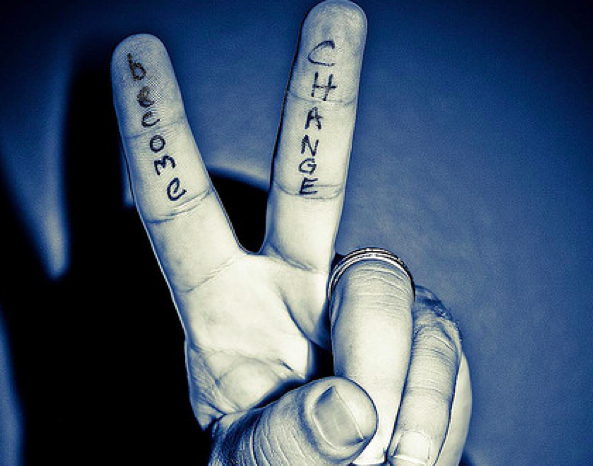

Living with chronic pain, chronic fatigue, or any neuroplastic condition puts your brain into a state of heightened protection. It becomes hypervigilant, scanning for what’s wrong, what could go wrong, and what feels unfair. This is survival physiology, not a personal failing. But the neuroscience research is clear: whatever the brain practices most becomes its default wiring. This is why constantly thinking about symptoms, unfairness, and complaining can unintentionally deepen the brain's threat pathways. Fortunately it is also exactly why gratitude (practiced mindfully; not as denial) is such a powerful tool in neuroplastic recovery. Gratitude is not a “good vibes” trick. It is a measurable brain event with profound implications for healing.
A landmark functional MRI study (this is a live brain scan in real time; known as an fMRI) from the University of Southern California (Fox, Kaplan, Damasio, & Damasio, 2015) showed that when people experience gratitude, two key brain regions light up:
These regions are often underactive or dysregulated in people experiencing chronic pain or chronic fatigue due to the brain focusing on danger. Gratitude re-engages these regions, widening the brain’s map beyond threat.
In a 2016 study (Kini et al.), participants wrote weekly gratitude letters. Three months later, during an fMRI scan, they showed:
This study shows that even brief gratitude practices lead to durable neuroplastic changes, which is exactly the type of rewiring required for recovery from neuroplastic symptoms. This is not positivity. This is training the brain to shift out of chronic threat physiology.
A 2020 neuroimaging study revealed that gratitude activates mentalizing networks. These brain regions allow us to hold nuance, context, and perspective, which is the ability to say:
This “AND capacity” is essential for neuroplastic recovery because it prevents black-and-white threat processing.
Repeatedly complaining, catastrophising, and scanning for symptoms strengthens neural circuits tied to:
Over time, the brain learns: “This is what we pay attention to. This must be important for survival.” This is how neural circuits become reinforced. This is why gratitude is not about denying your struggles but about making sure struggle is not the only lens your brain uses.
A 2021 study in Brain, Behavior, and Immunity showed that gratitude-based prosocial behavior:
This matters for recovery: chronic pain and fatigue are worsened when the brain perceives ongoing threat and inflammation. Gratitude is a direct pathway into neuro-immunological down-regulation.
A 2024 fNIRS study found that gratitude increases inter-brain synchronisation between people during cooperative tasks. This means gratitude literally helps brains “tune in” to each other, enhancing cooperation and feelings of belonging. For anyone living with chronic symptoms; which often isolate people; this social safety is profoundly regulating for the nervous system.
A large neuroimaging study of older adults found that higher gratitude was associated with:
We do not bypass pain here. We do not demand positivity. We do not deny injustice. But part of adult psychological development is accepting a painful truth: Life is not fair. And expecting fairness keeps us suffering.When we stop fighting the unfairness of reality and radically accept what IS:
Gratitude becomes possible again; not as denial, but as grounded maturity. It then helps us stop denying our own choices in life so that we are able to help others who may not have the voice, agency or options that we have.
When you focus exclusively on what’s wrong, the brain believes:
Gratitude interrupts this loop by bringing the brain into contact with:
This is how gratitude helps you stop denying your capacity for choice. Not total control; but choice. This is why our brain retraining practice in Befriend leads with helping people open up CHOICE in how they respond to signs of their stress responses and symptoms, and therefore over time, to their life. Choice is what neuroplastic recovery is made of.
Not fake optimism. Not bypass. Not deleting pain. This is harmful. Gratitude in the Befriend Method sounds like:
This is resilience. This is maturation. This is realistic hope. This is all safety for the brain, and the body will heal when safety seeps into our daily lives enough. Gratitude is about expanding your brain’s capacity so pain or fatigue are not the only truths it can hold. Gratitude does not erase pain but it does ensure that pain and challenge do not erase you. Do not deny your choices. You are more influential than you know in your daily experience.